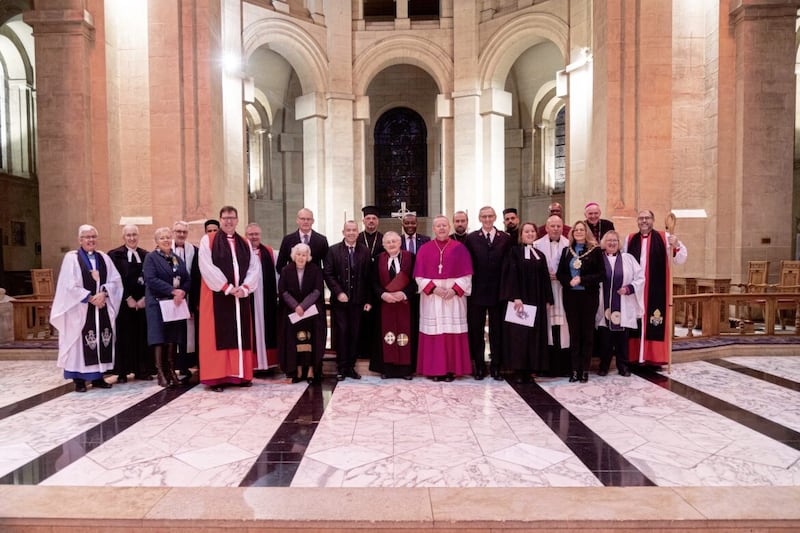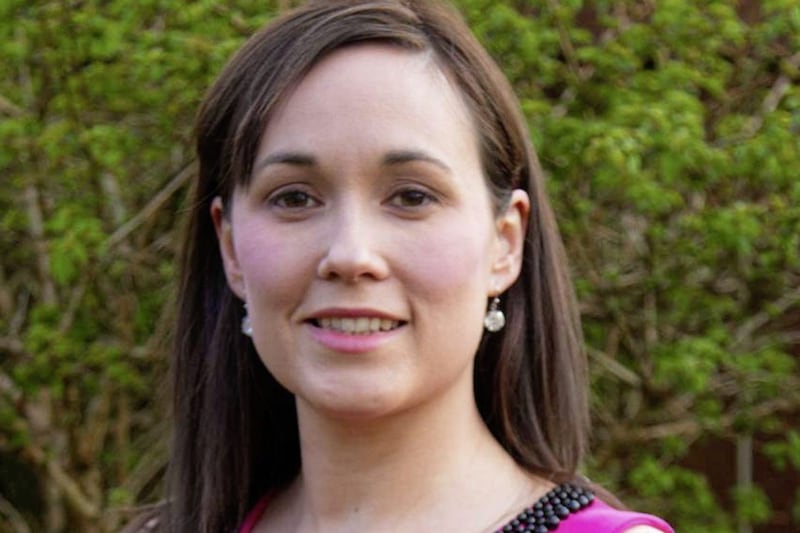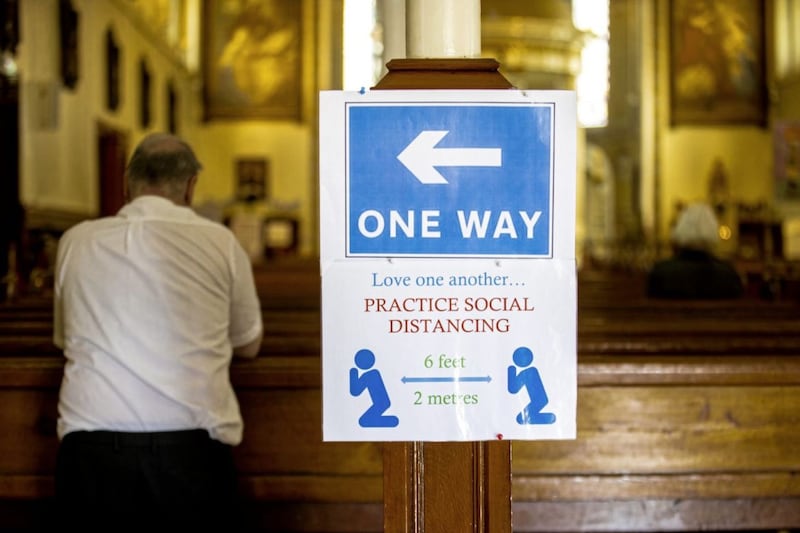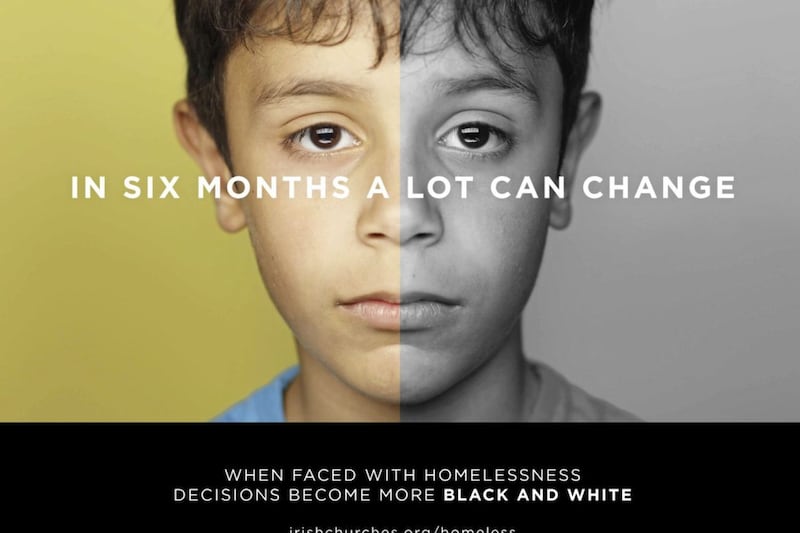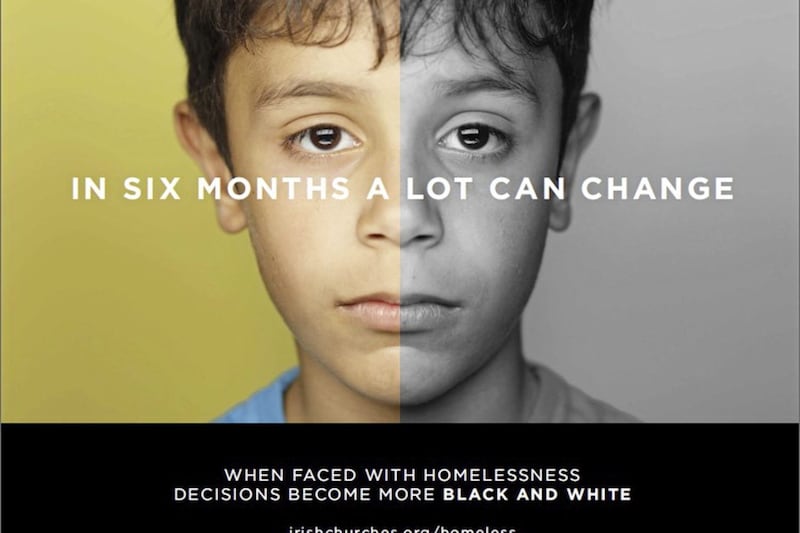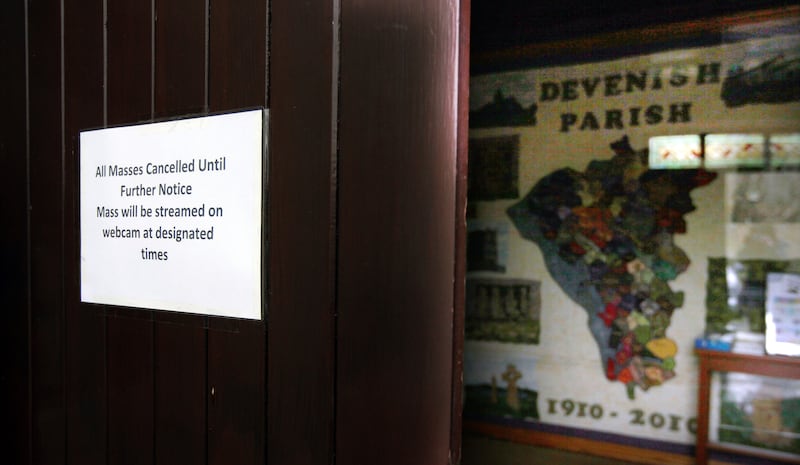
AS preparations intensify for the gradual, safe reopening of churches across the island of Ireland, we are all mindful that we've lived through a unique period with features that none of us experienced before.
The lockdown came so suddenly with its disruption and anxiety that it left little time or space to reflect on how the pandemic was impacting, and changing, us as church communities.
For this reason we, in the Irish Inter-Church Meeting (IICM), were very grateful for an offer from Dr Gladys Ganiel of Queen's University Belfast, to contribute to a study she was undertaking into the impact of Covid-19 on faith leaders across the island of Ireland.
The findings give great encouragement in their reflection of the creativity, compassion and commitment to sharing the Good News of the Gospel that exists in our local church communities.
They also point us in the direction of areas that will require in-depth study and reflection in the weeks, months and even years ahead.
The first of these is the flourishing of faith engagement in the digital space. On the one hand, Covid-19 has accelerated developments that Christian churches were already working towards.
In November 2019 we held a meeting on the theme 'Church in a Changing Public Square' and we spent much of that time discussing how people are living out an increasing proportion of their lives in the digital space, and the resulting challenges and opportunities for churches.
The study highlights the many benefits of using digital platforms for worship, including outreach to new audiences, and it is to be welcomed that so many participants in the study plan to retain some elements of these innovations in the future.
At the same time, however, there is a digital divide that we need to keep in mind. Not everyone has access to online sources, and those left behind will often include many of our most isolated and most vulnerable people.
Some clergy are very comfortable recording video clips, or live streaming, but for others this has been a cause of significant stress and pressure.
So we need to be conscious of our audience, and who may be excluded from it, and realistic in our expectations of clergy who are facing so many additional pressures at this time.
A second major area that will require ongoing attention as our response to the pandemic evolves is the mental health consequences for society as a whole.
The study brings out something that we see repeatedly in our pastoral care - that faith is a source of strength and solace in times of stress and grief, even when no-one has all the answers.
For that reason we know that not only, as the study title reminds us, do
[ People Still Need UsOpens in new window ]
, but pastoral outreach will be needed even more in the weeks and months to come as our communities start to process the many forms of loss experienced at this time.
In order to do that effectively, we need to take care of those responsible for providing the pastoral care.
For churches, as in other caring professions, this can be a real challenge, because people are so busy tending to the needs of others that they can neglect their own wellbeing.
We know, both from the research and our own sharing of experiences in our inter-church meetings, that many clergy have really struggled with the loss of close personal contact with their parishioners at this time. This is particularly acute when it comes to those who have been bereaved.
In the Inter-Church Meeting we experience the benefit of peer support for those in positions of leadership across the different denominations.
At our most recent committee meeting, we considered how the pandemic has impacted us as communities of believers and as providers of pastoral care, social services and community outreach.
We have been encouraging clergy to use local inter-church networks in the same way, to support and encourage each other and we recently organised a roundtable for our Orthodox member churches to explore how we can support them in the particular challenges they face.
Our member churches are beginning to appoint committees to prepare for the safe and gradual return to public worship.
It is vital that this is a collective effort, with emphasis on shared responsibility. We will need to liaise closely with government and all relevant officials, and communicate clearly across the church membership.
The restrictions on our parish life have been painful, but clergy know they exist to protect the most vulnerable and the common good.
The absence of regular direct contact has made many church members much more appreciative, and conscious of the value of their local church, and we can take heart from the way church communities have continued to provide a vital support to many in troubled times.
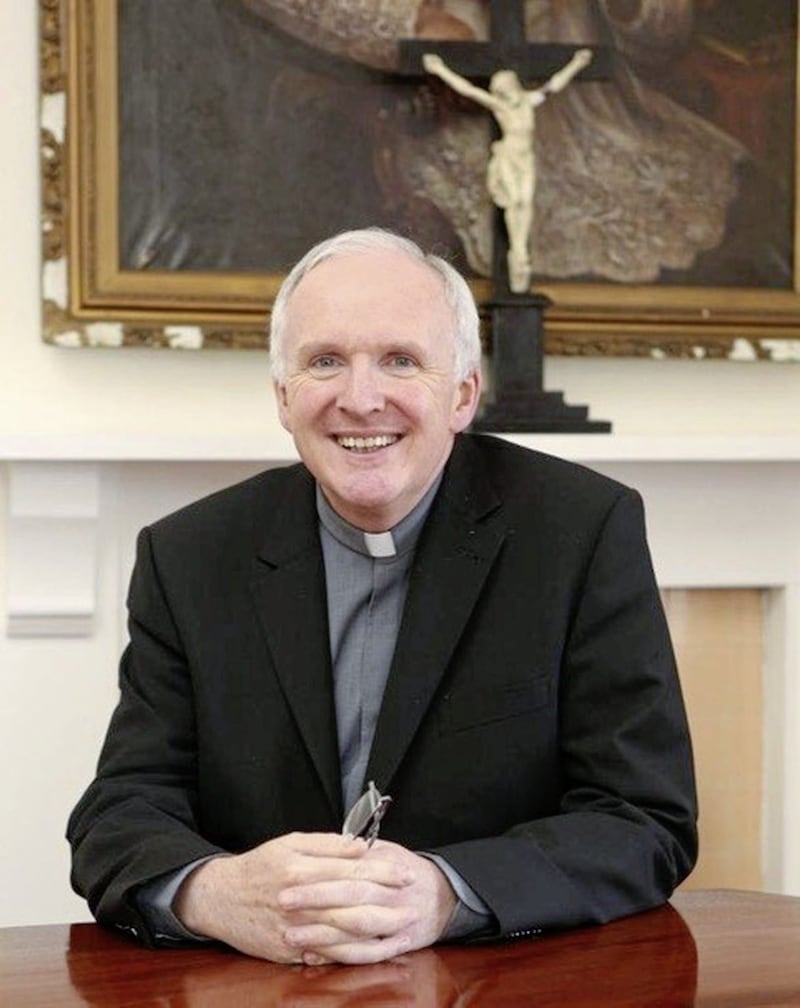
Dr Brendan Leahy is Bishop of Limerick and co-chair of the Irish Inter-Church Meeting.
The Irish Inter-Church Meeting grew out of the 1973 Ballymascanlon talks. Its committee is formed with 50/50 representation from the Irish Bishops' Conference and the Irish Council of Churches, which includes a range of Protestant, Orthodox, Reformed and Independent traditions.
ONLINE MINISTRY HERE TO STAY
A remarkable feature of the response by churches all over Ireland to their coronavirus-enforced closure was the speed at which they adopted online services.
Dr Gladys Ganiel of Queen's University Belfast conducted a survey, published at the end of last month, into how faith leaders and communities had adapted to the Covid-19 restrictions.
“Religious practice will continue to feature a mixture of online and in-person elements. Faith communities should invest in training and resources for faith leaders and laity to develop blended online/offline ministries," she said.
The study, called
[ People Still Need UsOpens in new window ]
, was published by the Irish Council of Churches/Irish Inter-Church Meeting.
Key findings included:
- Before the pandemic, 44 per cent of faith communities did not provide online worship opportunities; now only 13 per cent of faith communities do not.
- 70 per cent of the 439 respondents agreed that they would retain aspects of their online ministries when restrictions on public gatherings are lifted.
- 74 per cent of faith communities from the largest denominations - Catholic, Church of Ireland, Presbyterian and Methodist - were providing social services to the wider community during the pandemic.
- 89 per cent of faith leaders said that faith had helped people cope with stress during the pandemic. Examples included people praying more and those who had previously demonstrated no interest in faith or religion tuning in to religious services or seeking prayer.
- 46 per cent of faith leaders said their ministry had been more stressful than usual.
- 82 per cent of faith leaders who are cocooning for age or underlying health conditions have continued their ministry.




